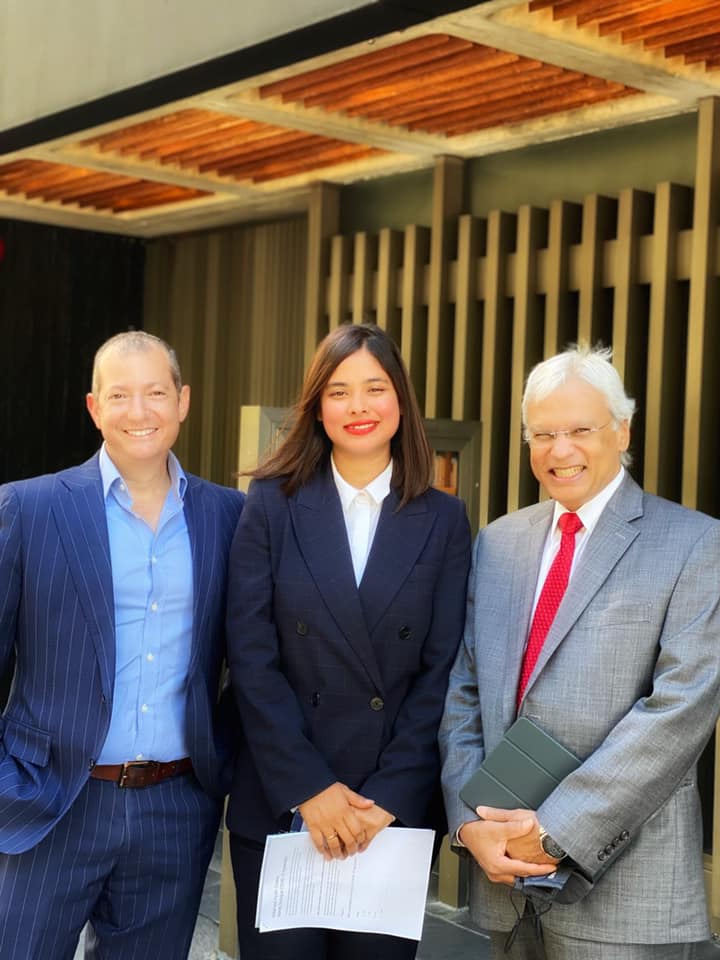
1: Thread ... I've spent much of the pandemic building programs at @CarnegieEndow but I've done a good bit of writing too, and a boatload of podcasts and talks. Some highlights: five on Taiwan, two on Korea, four on U.S. statecraft in Asia, three on China, two for the historians. 







2: Taiwan #1 ... In the first of three big studies of Taiwan's competitiveness, I argued that its innovation advantage is in danger of eroding without a revitalized strategy and much more diverse investments in human capital and next-generation industries: carnegieendowment.org/2020/01/29/ass…
3: Taiwan #2 ... In the second of these studies, I turned with Jen-yi Hou to how Taiwan's traditional energy market risks are being eclipsed by a "trilemma" of new challenges: how to assure future energy security, affordability, and sustainability: carnegieendowment.org/2020/04/27/ove…
4: Taiwan #3 ... In the third of these studies, I explore with my friend @MikeNelson Taiwan’s supply chain opportunities in two industries—life sciences and safer software. We try to refine competitive choices and highlight unique comparative advantages: carnegieendowment.org/2021/11/24/tai…
5: Taiwan #4 ... The U.S.-Taiwan trade agenda often seems to revolve around a bilateral trade agreement or bust. With Barbara Weisel, America's former chief TPP negotiator, I offered up a few other shovel-ready initiatives that could be ready sooner: carnegieendowment.org/2021/03/04/dee…
6: Taiwan #5 ... There's growing debate about competition in intergovernmental standards bodies that exclude Taiwan from membership. But @MikeNelson and I see plenty of opportunities because private-sector actors will increasingly play the dominant role: carnegieendowment.org/2021/03/09/how…
7: Korea #1 ... Too many think the future of technology is about the "U.S. vs. China." But third and more players are shaping serious alternatives. I led an initiative with @MikeNelson that produced this pathbreaking volume on "The Korean Way With Data": carnegieendowment.org/2021/08/17/kor…
8: Korea #2 ... Why does Korea matter? In an intro chapter, I argued with Mike that Korea offers a third way, built on experiences incubated in a successful democracy that has balanced public and private interests and state and market-based approaches: carnegieendowment.org/2021/08/17/int…
9: American statecraft #1 ... To succeed in Asia, I argued in this little rant that Washington is going to need to whine less, compete more, and leverage its strengths in the Asia that actually exists, not the one of its wishes, dreams, and fantasies: nationalinterest.org/feature/meetin…
10: American statecraft #2 ... I argue that the U.S. and China suffer from the same bipolar delusion. Actually, Asia's future may be fragmentation, not hegemony or bipolarity, with shifting coalitions and a discombobulated patchwork of rules and standards: carnegieendowment.org/2020/09/09/asi…
11: American statecraft #3 ... The many "Quadologists" among us insist that this group will be the key to future U.S. strategy in the Indo-Pacific. But I argued with my pal @JamesSchwemlein that this won't happen without learning from some past failures: carnegieendowment.org/2021/03/11/how…
12: American statecraft #4 ... In another piece for the Trump-to-Biden transition, I noted America's toughened approach to China but argued that it is long on attitude and short on strategy. What Asians want is a more systematic approach from Washington: carnegieendowment.org/2020/11/09/bid…
13: China #1 ... We're supposed to be in an era of U.S.-China "strategic competition." Actually, it's "managed enmity." But countries don’t need to be “friends” to get meaningful things done. I explored here why the U.S. and China forgot how to cooperate: carnegieendowment.org/2020/04/28/why…
14: China #2 ... So what happened between Joe Biden and Xi Jinping - and what *should* have happened? In this podcast with my friend @DouglasLFarrar, I took a dive into what the two sides are getting right - and what, to be blunt, is just ass backwards: the-world-unpacked.simplecast.com/episodes/biden…
15: China #3 ... The @SinicaPodcast is a great venue for longform discussion. When @KaiserKuo had me on the show, I got to dive deep into what's happened to U.S.-China relations, the "securitization" of everything, and how to navigate a fractured future: supchina.com/podcast/vetera…
16: History #1 ... Mid-pandemic, I recorded 5+ hours of oral history on George W. Bush and Asia for @Miller_Center. Part 1 covers strategic dynamics with China, efforts to enlist China as a contributor on Afghanistan and Iraq, and some strategic concepts: millercenter.org/the-presidency… 



17: History #2 ... In Part 2 of my @Miller_Center oral history, I covered a bureaucratic reorganization to connect Central and South Asia; pre-Belt and Road connectivity initiatives; Central Asia; and relations with India around the civil nuclear deal: millercenter.org/the-presidency… 



18: These highlights from COVID Times aren't exhaustive. If you're curious for more, my website evanfeigenbaum.com has books, essays, blogs, audio, and video on things I've written or said, from Korea to Kazakhstan, China to India. The pandemic has been awful but productive.
19: But putting my stuff aside, I'm so proud of what we've done at #CarnegieAsia during the pandemic. Our team is incredible. And if each did a similar thread, you'd just be dazzled. Stellar research. Awesome convening. A raft of new hires. The After Times will look even better! 







• • •
Missing some Tweet in this thread? You can try to
force a refresh



